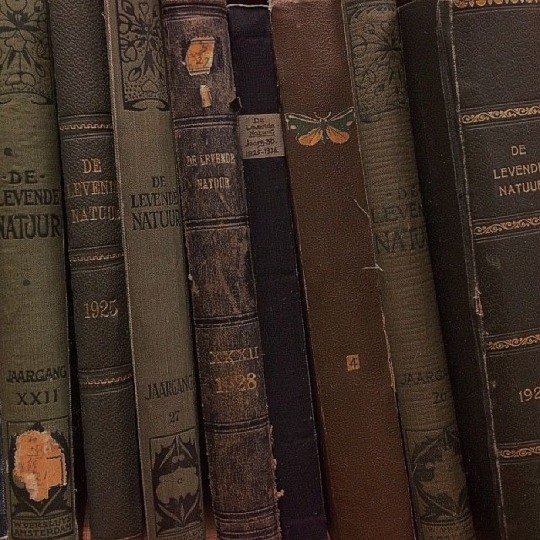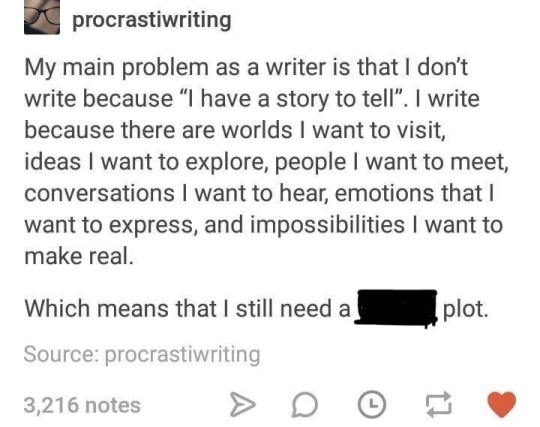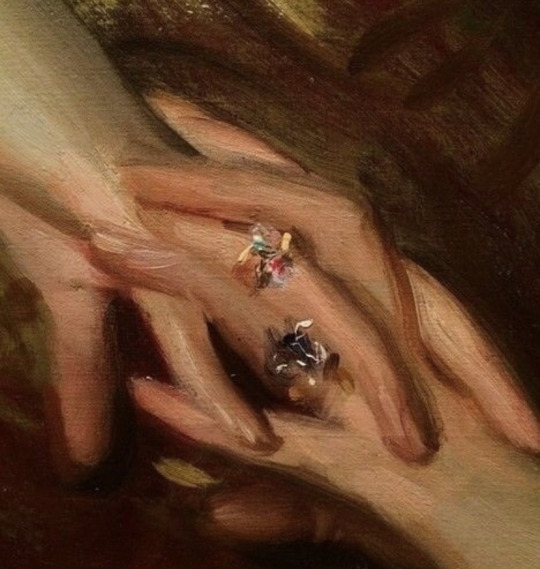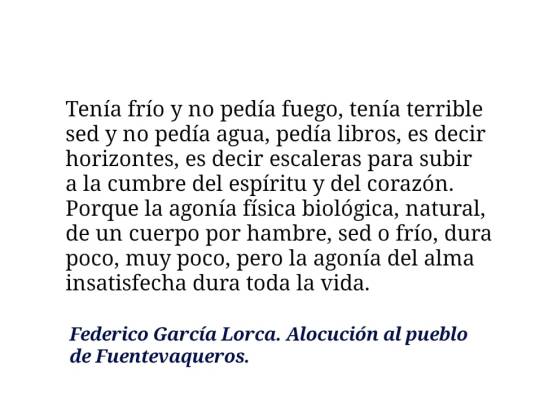26 · she/her · esp-engIntent of a writing blog·Main blog: circosmos.tumblr.com
Last active 2 hours ago
Don't wanna be here? Send us removal request.
Text
How to Write a Character
↠ Start with the basics, because obviously. Name. Age. Gender. Maybe even a birthday if you’re feeling fancy. This is step one because, well, your character needs to exist before they can be interesting. But nobody cares if they’re 27 or 37 unless it actually matters to the story.
↠ Looks aren’t everything… but also, describe them. Yes, we know their soul is more important than their hair color, but readers still need something to visualize. Do they have the kind of face that makes babies cry? Do they always look like they just rolled out of bed? Give us details, not just “tall with brown hair.
↠ Personality isn’t just “kind but tough.” For the love of storytelling, give them more than two adjectives. Are they kind, or do they just pretend to be because they hate confrontation? Are they actually tough, or are they just too emotionally repressed to cry in public? Dig deeper.
↠ Backstory = Trauma (usually). Something shaped them. Maybe it was a messy divorce, maybe they were the middle child and never got enough attention, or maybe they once got humiliated in a spelling bee and never recovered. Whatever it is, make it matter to who they are today.
↠ Give them a goal. Preferably a messy one. If your character’s only motivation is to “be happy” or “do their best,” they’re boring. They need a real goal, one that conflicts with who they are, what they believe in, or what they think they deserve. Bonus points if it wrecks them emotionally.
↠ Make them suffer. Yes, I said it. A smooth, easy journey is not a story. Give them obstacles. Rip things away from them. Make them work for what they want. Nobody wants to read about a character who just gets everything handed to them (unless it’s satire, then carry on).
↠ Relationships = Depth. Nobody exists in a vacuum. Who do they love? Who annoys the hell out of them? Who do they have that messy, can’t-live-with-you-can’t-live-without-you tension with? People shape us. So, shape your character through the people in their life.
↠ Give them a voice that actually sounds like them. If all your characters talk the same, you’ve got a problem. Some people ramble, some overthink, some are blunt to the point of being offensive. Let their voice show who they are. You should be able to tell who’s talking without dialogue tags.
↠ If they don’t grow, what’s the point? People change. They learn things, make mistakes, get their hearts broken, and (hopefully) become a little wiser. If your character starts and ends the story as the same exact person, you just wasted everyone’s time.
↠ Flaws. Give. Them. Flaws. Nobody likes a perfect character. Give them something to struggle with, maybe they’re selfish, maybe they push people away, maybe they’re addicted to the thrill of self-destruction (fun!). Make them real. Make them human.
↠ Relatability is key. Your character doesn’t have to be likable, but they do have to be understandable. Readers need to get them, even if they don’t agree with them. If your character never struggles, never doubts, and never screws up, I have bad news: they’re not a character, they’re a mannequin.
↠ You’re never actually done. Characters evolve, not just in the story, but as you write them. If something feels off, fix it. If they feel flat, dig deeper. Keep refining, rewriting, and letting them surprise you. That’s how you create someone who feels real.
Now go forth and write characters that actually make people feel something. And if you need a reminder, just ask yourself: Would I care if this person existed in real life? If the answer is meh, start over.
4K notes
·
View notes
Text

— Friedrich Nietzsche
15K notes
·
View notes
Text






It is not what we think or feel that makes us who we are. It is what we do. Or fail to do.
— Jane Austen
6K notes
·
View notes
Text
helpful sites for writers
i have a little collection of websites i tend to use for coming up with ideas, naming people or places, keeping clear visuals or logistics, writing basics about places i've never been to, and so on. i tend to do a lot of research, but sometimes you just need quick references, right? so i thought i'd share some of them!
Behind the Name; good for name meanings but also just random name ideas, regardless of meanings.
Fantasy Name Generator; this link goes to the town name generator, which i use most, but there are lots of silly/fun/good inspo generators on there!
Age Calculator; for remembering how old characters are in Y month in Z year. i use this constantly.
Height Comparison; i love this for the height visuals; does character A come up to character B's shoulder? are they a head taller? what does that look like, height-wise? the chart feature is great!
Child Development Guide; what can a (neurotypical, average) 5-year-old do at that age? this is a super handy quickguide for that, with the obviously huge caveat that children develop at different paces and this is not comprehensive or accurate for every child ever. i like it as a starting point, though!
Weather Spark; good for average temperatures and weather checking!
Green's Dictionary of Slang; good for looking up "would x say this?" or "what does this phrase mean in this context?" i love the timeline because it shows when the phrase was historically in use. this is english only, though; i dig a little harder for resources like this in other languages.
12K notes
·
View notes
Text

C.S. Lewis, from “The Lion, the Witch and the Wardrobe”
5K notes
·
View notes
Text






𝕲𝖗𝖊𝖊𝖓 & 𝖇𝖗𝖔𝖜𝖓 🌲🤎
10K notes
·
View notes
Link
Versión española || Working on the English translation.
Chapters: 1/1 Fandom: My Time At Sandrock (Video Game) Rating: Teen And Up Audiences Warnings: Graphic Depictions Of Violence Relationships: Female Builder/Fang (My Time At Sandrock) Characters: Fang (My Time At Sandrock), X (My Time At Sandrock), Original Female Character(s) Additional Tags: Pre-Relationship, Minor Injuries, One Shot, Slice of Life Summary:
«¡La tormenta de arena más jodida en lo que vamos del año! ¿Y tú sigues dando vueltas aquí fuera?».
Esas habían sido las palabras de Justice, y por una vez Ariadne había decidido no discutir. Tenía todas las intenciones de regresar al taller y aguardar en la seguridad de su casa a que pasara el mal clima. Pero luego de hallar perdido X y llevarlo a resguardo, la asaltó el fatal presentimiento de que el cuervo no debía ser el único extraviado en la ferocidad del temporal.
2 notes
·
View notes
Text
Scared to Commit to Dream Project
xuliaxuxu asked: I'm an aspiring author who has been writing for a long time but never actually committed to my dream project because it scares me. I've read a lot about structure, good character development and arcs, and how it all works, but I'm still scared of not being able to write a story I'm proud of. Do you have any tips on how to get through the outlining process and first draft without feeling so much pressure on your shoulders? And are the first steps in writing a novel where you have so many ideas but don’t know how to organise them? It’s been a lonely process since I have no writer friends to talk about these specific struggles. Thank you for your lovely work here on tumblr it has been inspiring me a whole lot!
[Ask edited for length]
If it's any reassurance, the fact that you've been teaching yourself about structure and character development puts you ahead of a lot of writers when they first start out. But it's also a bit of a double-edged sword, because that knowledge raises the bar for what you expect to be able to accomplish. And unfortunately, having the knowledge doesn't mean you can instantly apply it perfectly. You still need to practice applying that knowledge before you can get really good at it. It's sort of like this: if you wanted to get really good at hand lettering, you could watch hours and hours of videos about how to do it... you could learn about the different techniques and the lingo, etc., but that doesn't mean you'll be able to do flawless hand lettering the first time you pick up a brush marker. You'll still have to actually practice those techniques for a while to get really good at it. Writing is the exact same way. And that can be frustrating because you know what you want to accomplish, and you have the knowledge to get yourself there, you just don't have the actual skills to actually get there yet.
So, here's what I recommend... keep the dream project on the back-burner for now. You can still work on the pre-planning (because even that qualifies as practice), but in the meantime work on other projects to get the practice in. There's a little bit of sacrifice here because you should find ideas you're excited about, but you have to write them knowing they're not going to be your best work. And that's fine, because writing them doesn't mean you have to share them or publish them. You can write them and keep them on the shelf as a reminder of the work you've done along the way. You can also revisit favorite projects later to revamp them with a more practiced skill set.
Working on something you're excited about and love--but which has the leeway to be not your best work--is the absolute best way to take the pressure off yourself when outlining and getting through the first draft. Once you've done this a few times and you know you're getting the hang of it, you can revisit your dream project, and just the fact that you know what you're doing will take a ton of that pressure off. Another thing that will help once you get to that point is remembering that your outline and first draft don't have to be perfect--and they won't be. Part of the writing process is having the flexibility to change things as you go, to tweak and improve, even into the later drafts. Developmental editing wouldn't exist if your outline and first draft had to be structurally perfect. :)
As far as organizing a lot of ideas, you might find it helpful to find a story planner of some kind. These exist as web sites (Novlr), apps (Fabula), programs (Scrivener), workbooks (Outlining Your Novel Workbook by K.M. Weiland), and you can even find time for download on Etsy. You can probably also find free ones to download if you can't spend any money. If nothing else, get yourself a multi-subject notebook and divide it into sections like plot, characters, world, brainstorm and get all those ideas out into their individual sections. Even that can make a big difference.
Happy writing!
•••••••••••••••••••••••••••••••••
I’ve been writing seriously for over 30 years and love to share what I’ve learned. Have a writing question? My inbox is always open!
LEARN MORE about WQA
SEE MY ask policies
VISIT MY Master List of Top Posts
COFFEE & FEEDBACK COMMISSIONS ko-fi.com/wqa
61 notes
·
View notes
Text
btw with art when people say 'youve got to do it scared' 'youve got to draw bad' 'youre not gonna know how to do it until you do it' it sounds like bullshit but its true. 90% of art is just getting over the fear that it's not going to be good enough to deserve to be made in the first place. but you're here. you're alive and, with no need to justify that, you're going to make art. it's just part of being alive. you'll spend so long worrying you aren't doing it good enough that you'll look back and realized you didn't live a single day of it.
81K notes
·
View notes
Text
How To Always Have Writing Ideas…
For A New Story:
1. Keep a list. Any time you have one of those sudden bursts of inspiration in the middle of writing a separate story, don’t quit your current WIP or pretend you’ll ‘just remember it’, put it into a separate list. You can always go back to this later on
2. Writing prompts. Look them up, use random word generators, pick a random object you can see, whatever helps you come up with any idea at all. Write a few paragraphs. Can it evolve from there?
3. People watch. Go to a public place and make up backstories for the strangers you come across. That man in the hat is using it to hide his elf ears. That woman with the bright pink hair didn’t dye it, she’s secretly the main character of an anime trying to dodge all the tropes and cliches. That toddler is actually a guardian angel reincarnated to watch over their new baby sibling. What brings them to this place? Where did they come from? Where are they going next?
To Continue An Existing Story:
1. Act it out. Say the words aloud, act out what your characters are doing, get props or people to act off of if you need to. See what feels like the most natural progression of the moment
2. Coffee shop AU, or other substitutional one-shot. Good for establishing dynamics between two or more characters, or even just working out a lone character’s day-to-day. Just write a few paragraphs about your characters entering a coffee shop or similar appropriate establishment/ordinary location. What do they do? What do they order to eat/drink? What do they say to each other? How do they treat the staff and other customers? If all else fails, write what they do after they leave, as if it were an ordinary day for them
3. Rubber duck it. This is something programmers use to work out where they went wrong in their code, but I’ve found it can work for figuring out story stuff as well. What you do is get a rubber duck, or any other object of focus, and start explaining your problem to it out loud. In this case you can read your chapter to the duck, or even give it the full run-down of the plot so far. Warning; side effects may include getting frustrated that the problem was right in front of you and subsequently throwing the duck
For Both:
1. Writing graveyards. I talked a bit about them in a previous post, but writing graveyards are basically just the folder you store your deleted scenes in instead of yeeting them into the void. Reread those, see if they have anything you can recontextualise or repurpose
2. Combine ideas. My WIP Byoldervine is a combination of two separate plots I had that I realised I’d be able to combine - twice. I first realised I could put together my ‘angel and demon heroes protecting humans from a war between heaven and hell’ story and my ‘quest through the fantasy realm to find the ingredients to a cure for a dying god’ story into the same universe as two sides of the same story as a duology. Then I realised I could just remove a few characters, tweak a few plot points and mash them completely together into one book. Combining them works wonders and minimises worldbuilding
3. Go out with friends or family. I guarantee that the one time you’ll be flooded with inspiration is when you don’t have an opportunity to write it down
877 notes
·
View notes
Text

@procrastiwriting
7K notes
·
View notes
Text









9K notes
·
View notes
Text
Por la noche volvió a llover. Se estuvo oyendo el borbotar del agua durante largo rato; luego se ha de haber dormido, porque cuando despertó sólo se oía una llovizna callada. Los vidrios de la ventana estaban opacos, y del otro lado las gotas resbalaban en hilos gruesos como lágrimas. “Miraba caer las gotas iluminadas por los relámpagos, y cada que respiraba suspiraba, y cada vez que pensaba, pensaba en ti, Susana.”
-Juan Rulfo; Pedro Páramo.
136 notes
·
View notes
Text
“Pensaba en vos, Clara. O no pensaba. Venías sola, para ayudarme. Yo no te llamaba y venías. ¿Te acordás cuando nos conocimos y yo te pisé? ¿Y se te cayó el libro y nos agachamos los dos a la vez y nos dimos un cocazo? ¿Y el primer beso, aquel mediodía, cuando se chocaron los lentes? Venías por tu cuenta y me ayudabas.”
— Eduardo Galeano. La canción de nosotros.
85 notes
·
View notes
Photo

Anne Sexton. Small Wire. The Awful Rowing Toward God. [10]
4K notes
·
View notes






